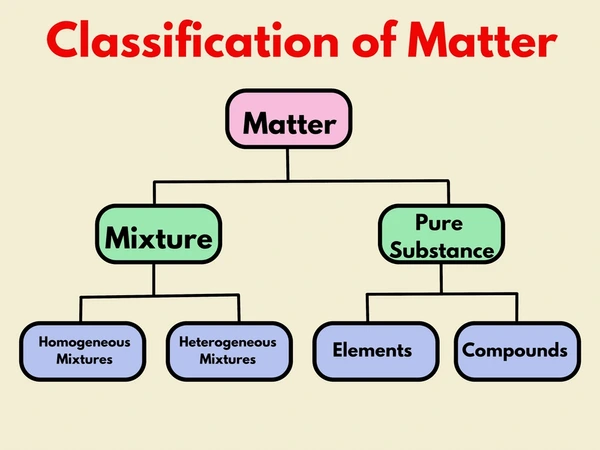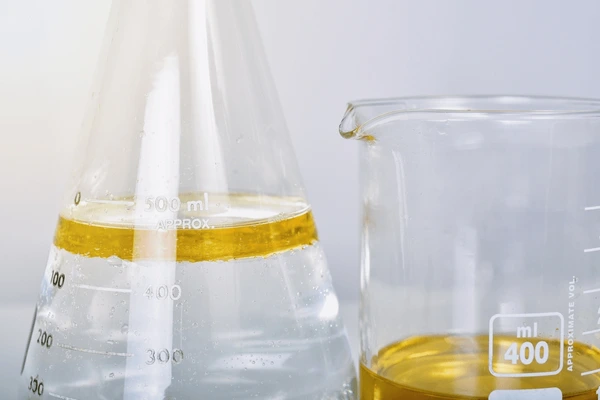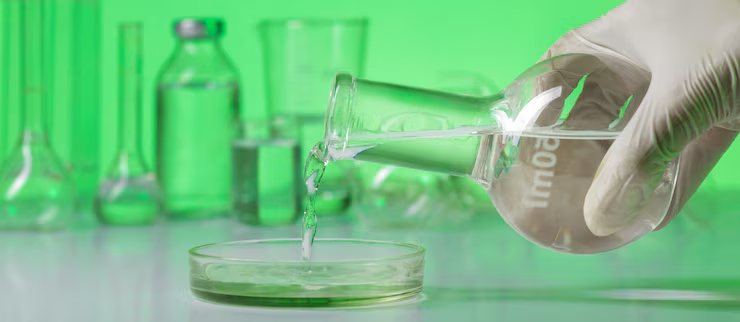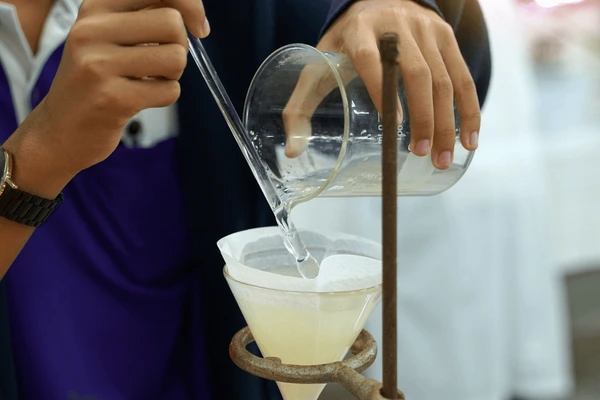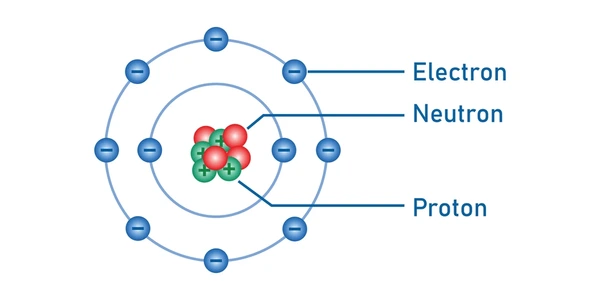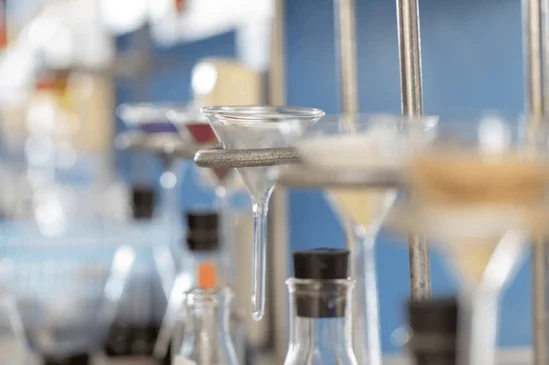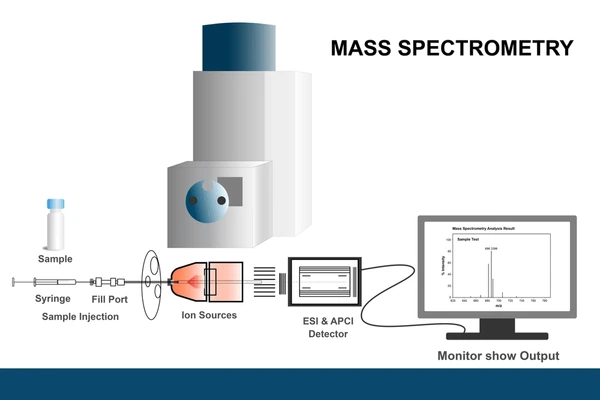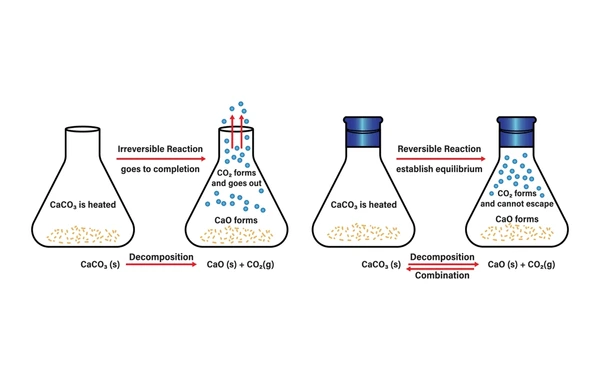Classification of Matter
Understanding the classification of matter is foundational in the study of chemistry and crucial for interpreting the behavior and properties of substances around us. Matter, in its simplest definition, is anything that has mass and occupies space. However, categorizing matter systematically allows scientists, students, and researchers to comprehend its characteristics, interactions, and transformations in various … Read more
